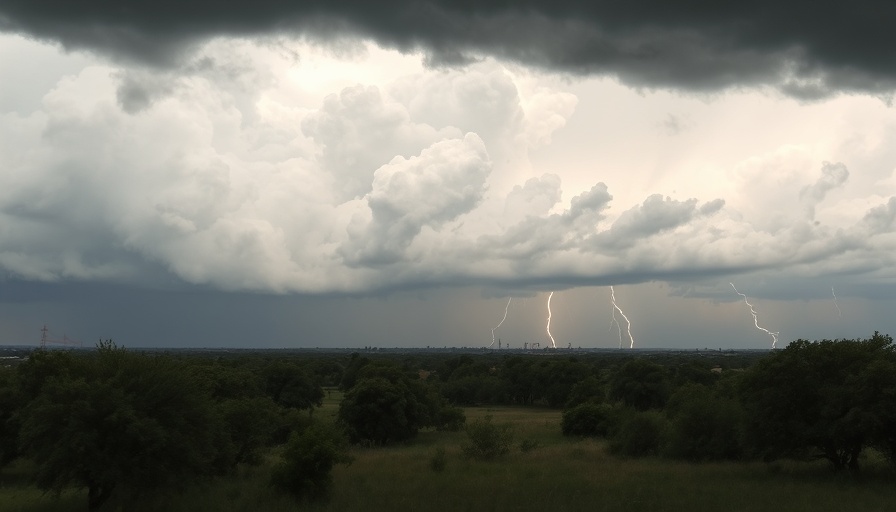
The Texas Tragedy: A Wake-Up Call
The recent devastating weather events in Texas have sparked concerns among experts about the crucial role of the National Weather Service (NWS). With multiple reports indicating a strong link between deep cuts at the NWS and increased dangers faced during severe weather, this incident serves as a harrowing reminder of the skeletal remains of once robust weather forecasting and emergency response systems.
Understanding the National Weather Service's Role
The NWS has long been the backbone of weather forecasting in the United States, providing timely alerts about impending storms, tornadoes, and other hazardous conditions. Experts argue that a failure to invest adequately in this critical agency compromises the safety of communities, as seen in Texas when timely alerts were insufficient to save lives last week.
Historical Context of Funding Cuts
The NWS has faced a series of funding cuts over the past decade. National budget slashes, forced by prioritization of other governmental sectors, have led to understaffed offices and outdated technology. The agency’s ability to employ advanced data collection and analysis techniques has seriously diminished, potentially costing lives in extreme weather conditions.
Emergency Response and Community Safety
The implications of these NWS cuts aren't just financial; they directly affect community resilience. With a population increasingly vulnerable to climate change and erratic weather patterns, local awareness and preparedness hinge on accurate information dissemination. Experts highlight that without proper weather forecasts, communities cannot adequately prepare for, or respond to, severe weather events.
Counterarguments: Views from Policy Makers
While many advocate for increased funding to the NWS, others argue that budget constraints necessitate prioritizing resources elsewhere. Some lawmakers suggest that technological advancements in weather prediction have lessened the agency's need for more personnel. However, critics contend that these advancements are not equitably distributed across all regions, leading to disparities in crucial weather information availability.
Predictions for the Future: What Lies Ahead?
As extreme weather events become more frequent due to climate change, experts predict that adequate investment in the NWS will be more crucial than ever. By reinvigorating this agency, states can enhance preparedness measures, thereby potentially saving lives, reducing economic costs, and fostering community resilience in the face of nature's unpredictability.
A Call to Action: Revitalize the NWS
The time for change is now. Citizens, advocacy groups, and local governments must unite to lobby for restored funding to the NWS. Raising awareness of the direct impact these budget cuts have on community safety can ignite a movement towards action. Pressuring the government to prioritize weather services is essential for protecting lives and property in the long run.
 Add Element
Add Element  Add Row
Add Row 



 Add Row
Add Row  Add
Add 


Write A Comment